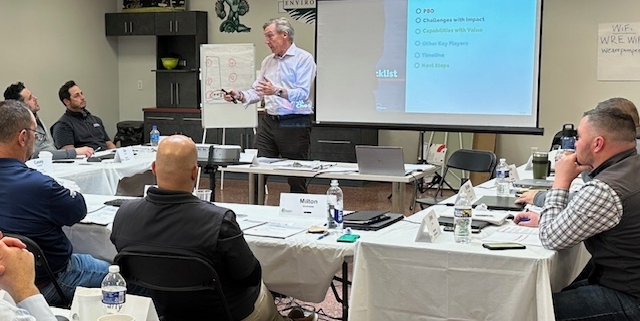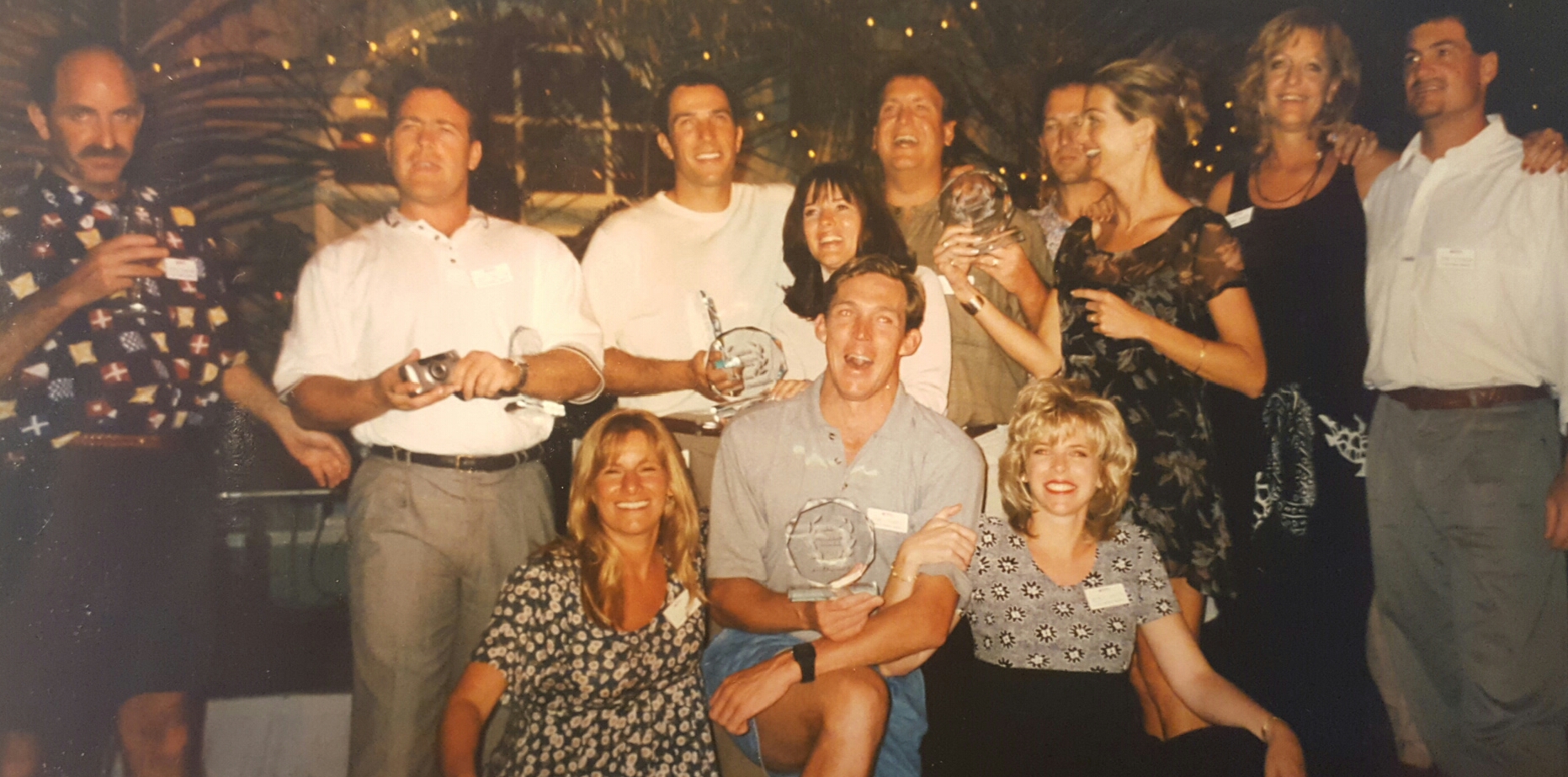Many sales executives are laser focused on filling their pipelines for the year. Successful sales leaders know that a pipeline filled with qualified opportunities is essential to building sustained and repeatable revenue results, which is ultimately the fuel that drives organizational success.
But the path to get to a healthy pipeline is not necessarily well understood and includes a number of variables, including the talent of the sales reps, market shifts, government regulations, and the competitive landscape. Despite these factors, there is one element that remains constant – selling skills. In order to have sales reps who successfully fill the pipeline with qualified opportunities, they must know how to identify, qualify, develop opportunities.
Most sales managers are well versed in deal coaching. This means they know how to help their reps assemble the right mix of product and pricing to meet a customer’s requirements. While this is important, it does not address the fundamental need to understand how well the rep has qualified the opportunity, identified key players, and aligned your product/service offerings to meet the prospect’s business objectives. Each of these three steps requires specific skills, and managers who help their reps improve these skills are ones that will see the biggest impact to their overall sales pipelines and year-end results.
Want to understand what prevents your sales managers from prioritizing skills coaching? Check this article out. And Look here for tips on successful skills coaching strategies.




